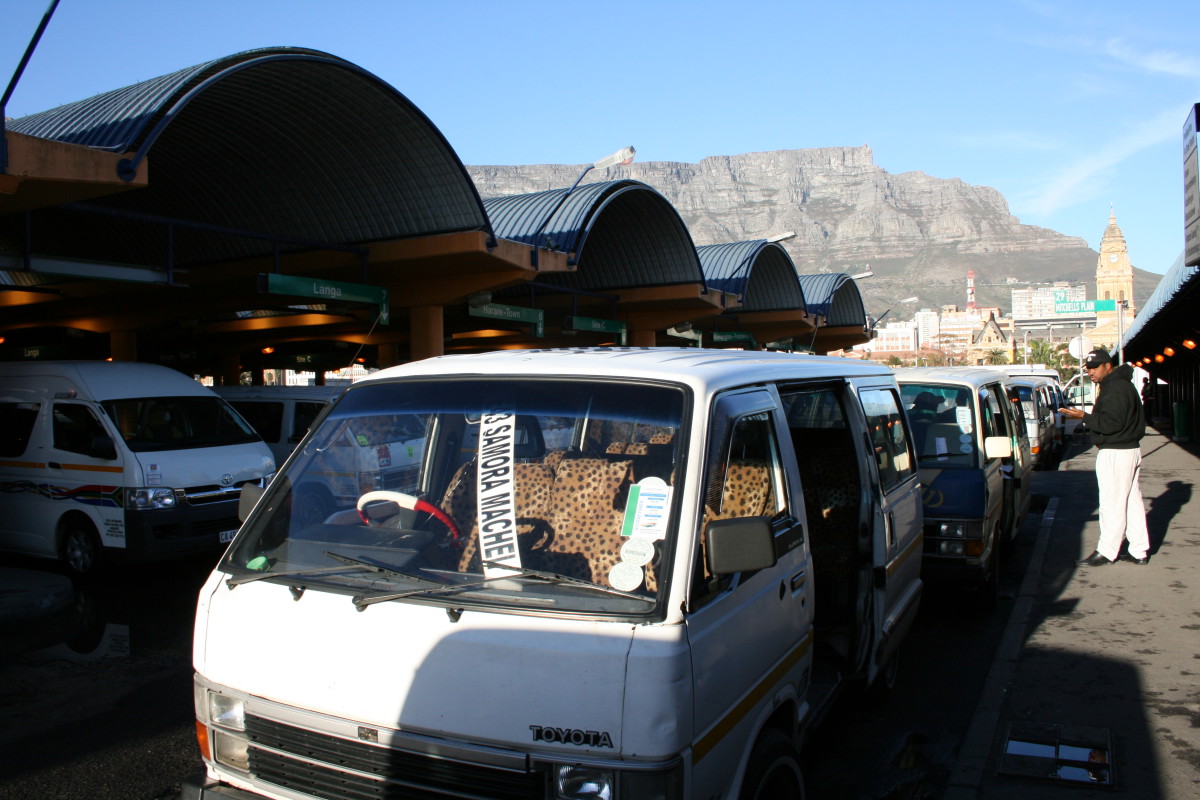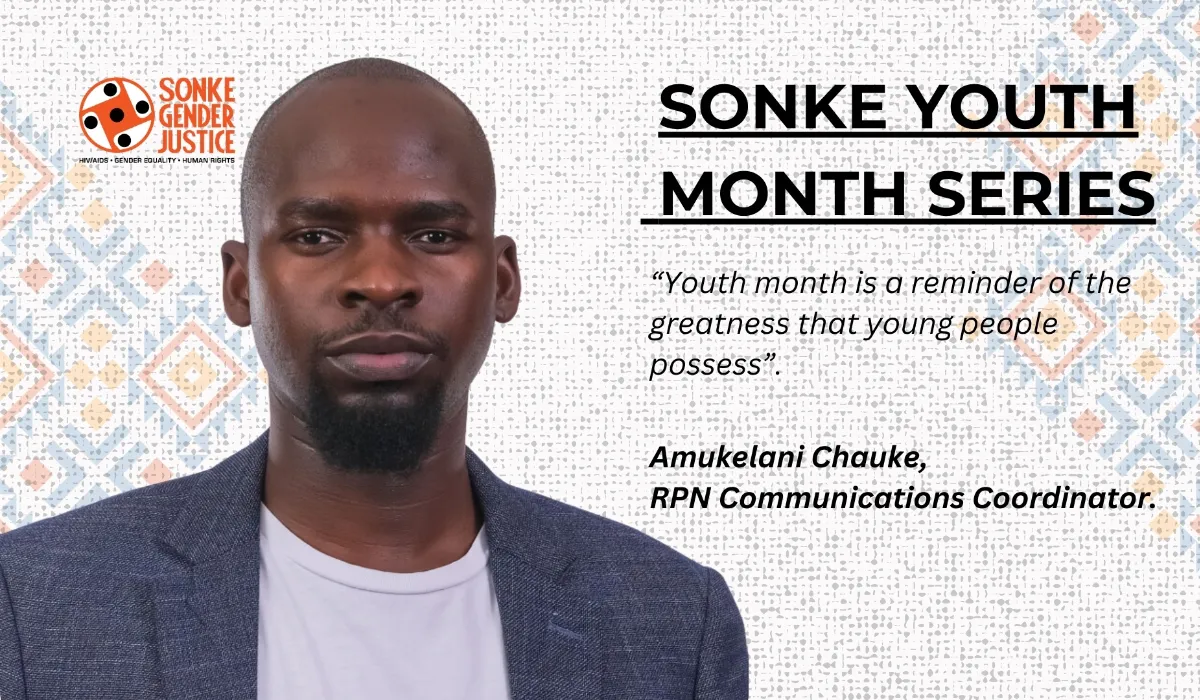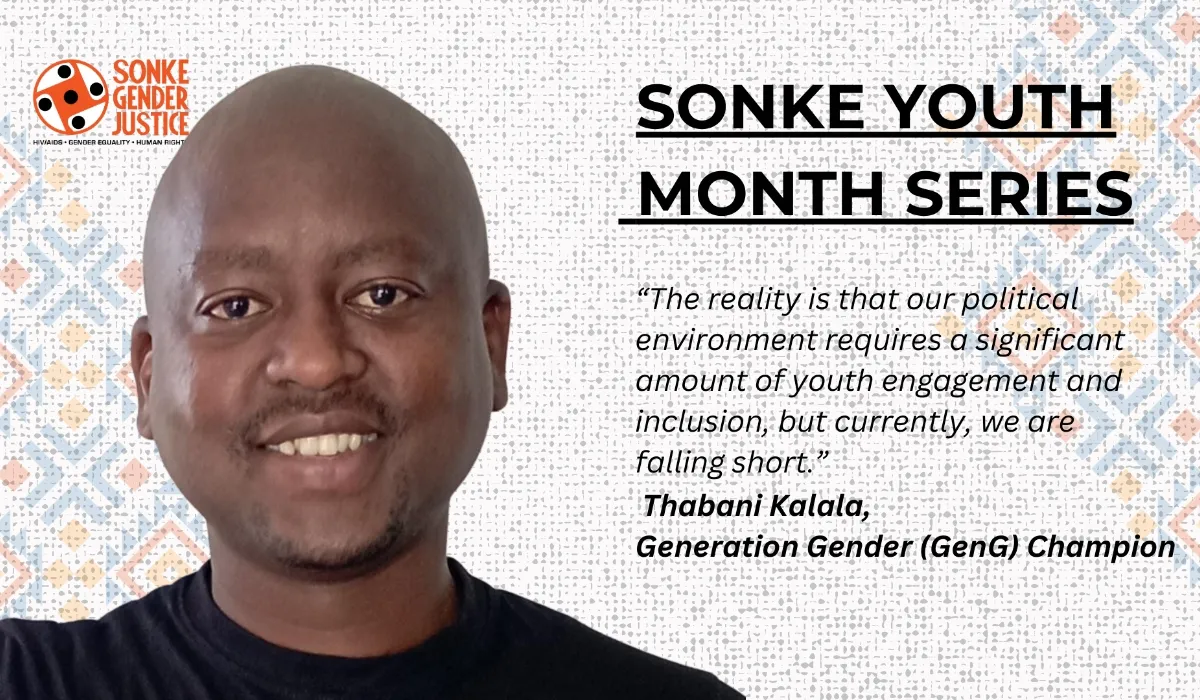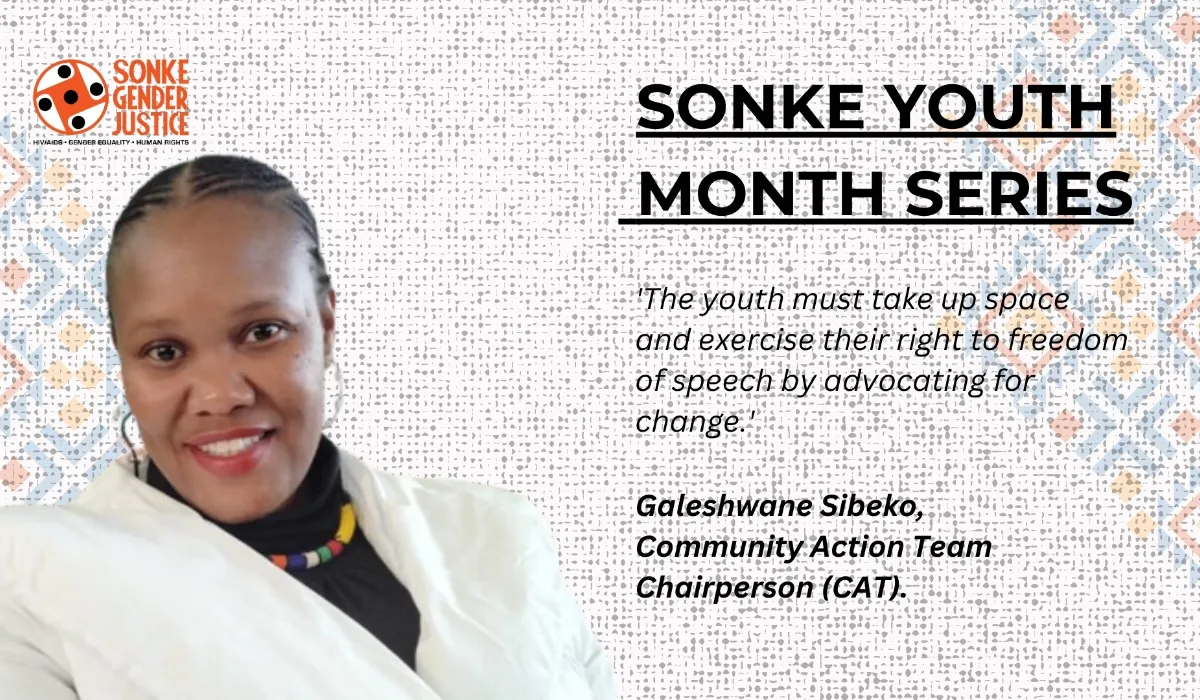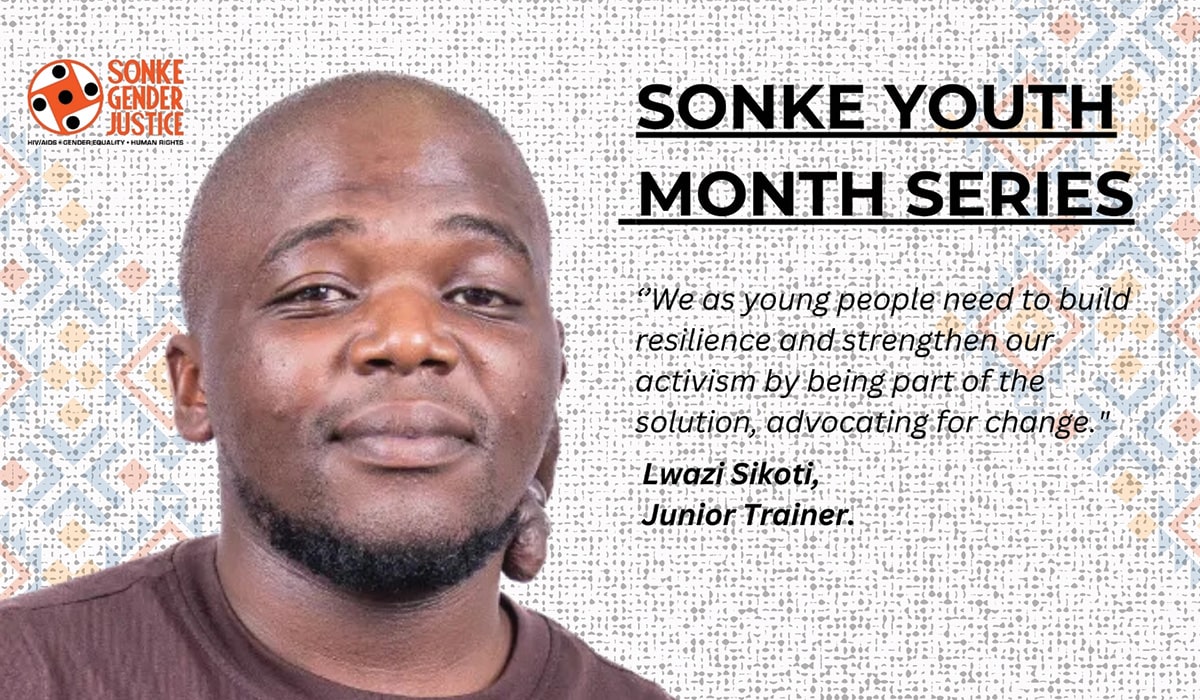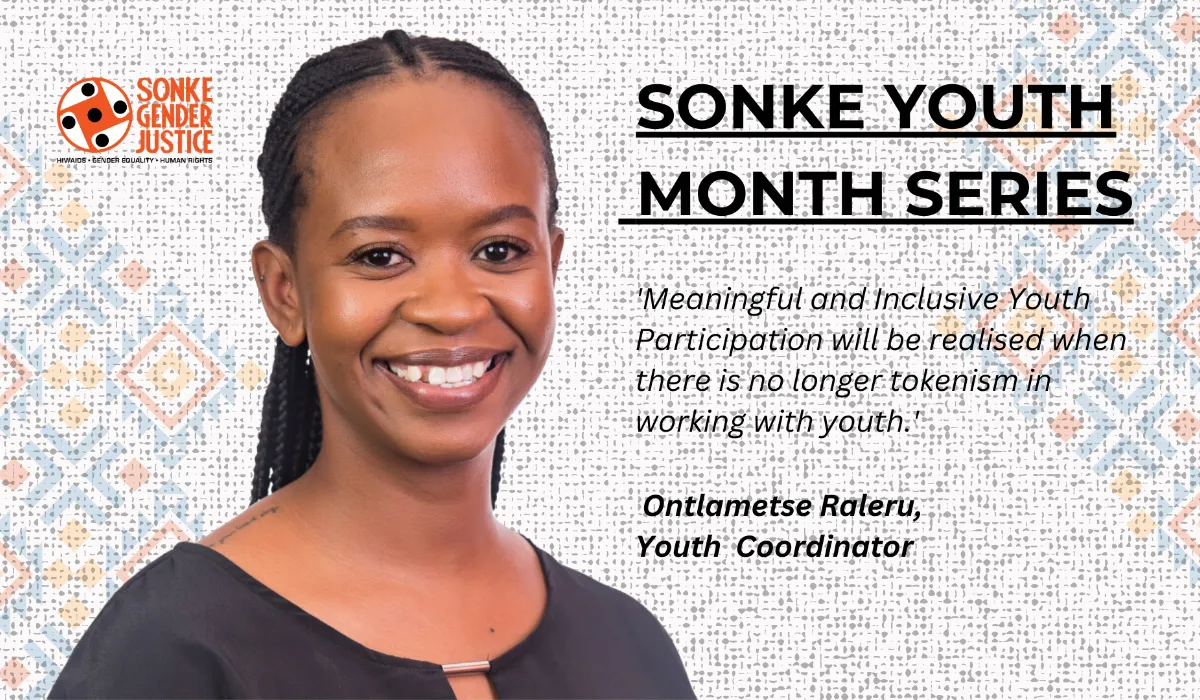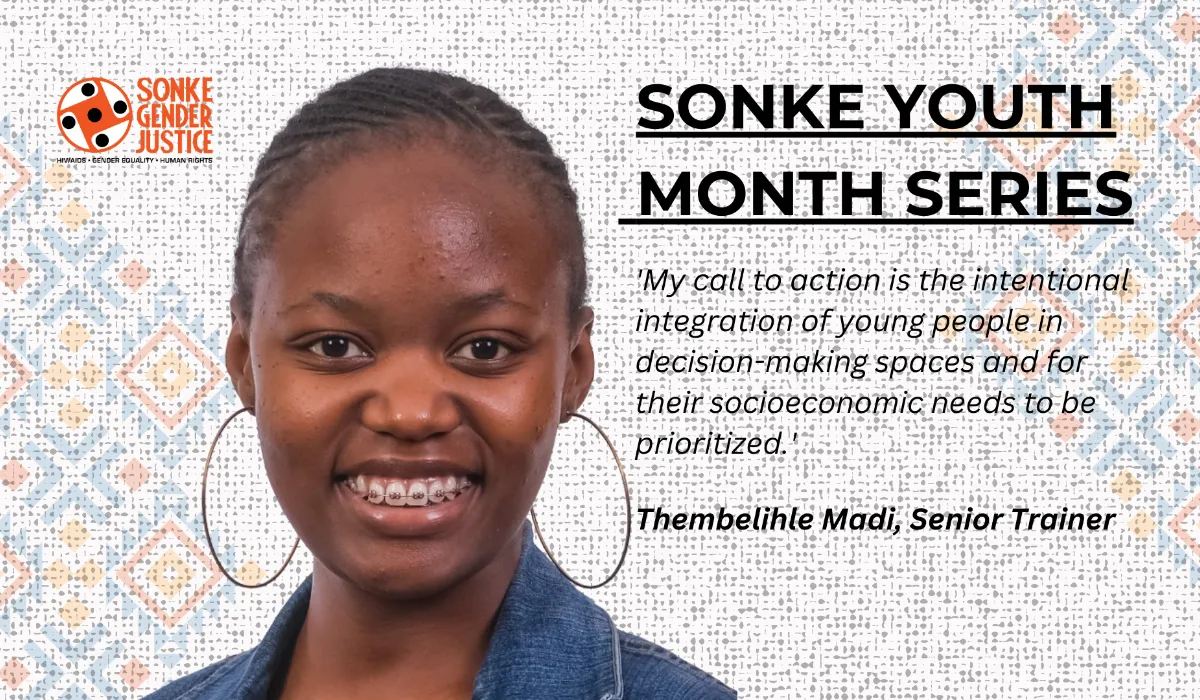It is widely accepted that taxi drivers and rank marshals in many South African communities – who are mostly men – don’t have the best reputation when it comes to dignified treatment of women. They are, to some, notorious for sexual harassment and engaged in a ‘multiple partner tradition’. However, they are men with whom entire communities interact on a daily basis and their influence on those around them cannot be underestimated.
Since Sonke’s chief goal is to educate men and boys about HIV and AIDS and gender equality, we identified this group as a particularly relevant audience with whom to work, as taxi drivers and owners are almost exclusively male.
Promoting healthy relationships
In May 2011, Sonke started work with stakeholders in the taxi industry to eliminate negative male behaviour and attitudes that perpetuate violence against women and children. This initiative aims to promote positive health seeking behaviours amongst men and boys. Considering their very public presence in Cape Town and other communities, taxi drivers with positive attitudes towards gender equality could help influence their peers to change their own attitudes and behaviours in promoting gender equality and healthy relationships between partners, families and among communities.
Getting Buy-In from Taxi Owners and Associations
|
“If we can get them, then we’ve got everyone else.”. |
The taxi system works on a number of levels: the association (CATA), taxi owners, taxi drivers and commuters. In order to be effective, it has been important for us to get the support of the taxi association operating in Khayelitsha and Nyanga. OMC coordinators met with the Cape Amalgamated Taxi Association (CATA) to discuss our proposed events and our strategies to implement them with drivers and commuters. CATA expressed interest in the project and a willingness to cooperate, and we got the go-ahead. We gave the CATA committee a number of One Man Can t-shirts in the hope to spark further curiosity in the campaign. We also left a stack of OMC materials in the CATA office, for the CATA staff and their visitors to browse.
Taxi owners wield significant influence over their employees, the taxi drivers. One goal is to train taxi owners with OMC to create Community Action Teams (CATs) from taxi owners so that they can more officially, and with ongoing support from Sonke, educate taxi drivers, and through them, the public, about the pressing issues of gender based violence and the rapid spread of HIV.
We were thrilled at the taxi owners’ enthusiastic response when we approached them with the idea of offering them training with the One Man Can campaign. Neliswe Ohajunwa, a One Man Can coordinator, expressed her excitement about their reaction. “If we can get them, then we’ve got everyone else. It opens the door for everyone else to accept the idea.”
Using One Man Can Campaign (OMC) to address GBV
Sonke held four public events with taxi drivers in Nyanga and in Khayelitsha’s Site C terminus in Cape Town using its OMC flagship campaign. OMC is a training and educational module which we use to open up discussions about gender equality, gender-based violence and HIV and AIDS issues. The aim is to educate men about the negative effects of gender inequalities in their personal lives and their communities at large.
The events at the target sites were highly successful and we were able to distribute a variety of materials to commuters and drivers, including OMC materials and Soul City magazines and armbands. In total, we also distributed 3000 male condoms and 1000 female condoms to people at the taxi ranks. Many drivers received OMC stickers to put inside their taxis to engage interest and maintain awareness about One Man Can and its messages.
The events had a strong focus on being as personal and interactive as possible. Instead of merely handing out freebies, we engaged commuters and drivers in one-on-one conversations about gender-based violence, HIV and AIDS and condom usage, and demonstrated correct use of condoms in conversations with individuals. We have found that one-on-one conversations allow people to really open up and ask the important questions on their minds that they may be too embarrassed to ask in a group setting.
In these personal conversations, we were asked some very interesting questions. For example,
- How can you tell if your partner has HIV?
- How do you, and can you, have kids if one of the partners is HIV positive?
- What kind of counselling is available that addresses gender-based violence? (Both men and women asked this, especially taxi drivers.)
- Do men come to us reporting GBV? How do we support/advise them?
As activists in the field of HIV and GBV, we face the danger of assuming that a number of basic facts about these issues are widely-known. We all need constant reminders to ensure that we don’t overlook the information needs of the people we work with. It was certainly surprising to be asked how you can tell if your partner has HIV.
Although the responses to the events were predominantly positive, some commuters were reluctant to accept condoms in public, feeling embarrassed or too proud. Others seemed to feel invincible and not at risk for contracting HIV: “I don’t need condoms – I am a strong man.” However, the personal nature of the activities enabled us to convince most people of the necessity of condom use, and they ultimately accepted the free condoms.
We have yet to begin our OMC training sessions with taxi owners and are waiting to find a convenient date. Our overarching plan is to build meaningful and sustained relationships with taxi drivers and initiate a series of educational talks and events around gender equality, gender-based violence, and the spread and impact of HIV and AIDS.
The project was run under the umbrella of the Klipfontein Project which is funded by the Western Cape Department of Health, and we thank them for their ongoing support.

